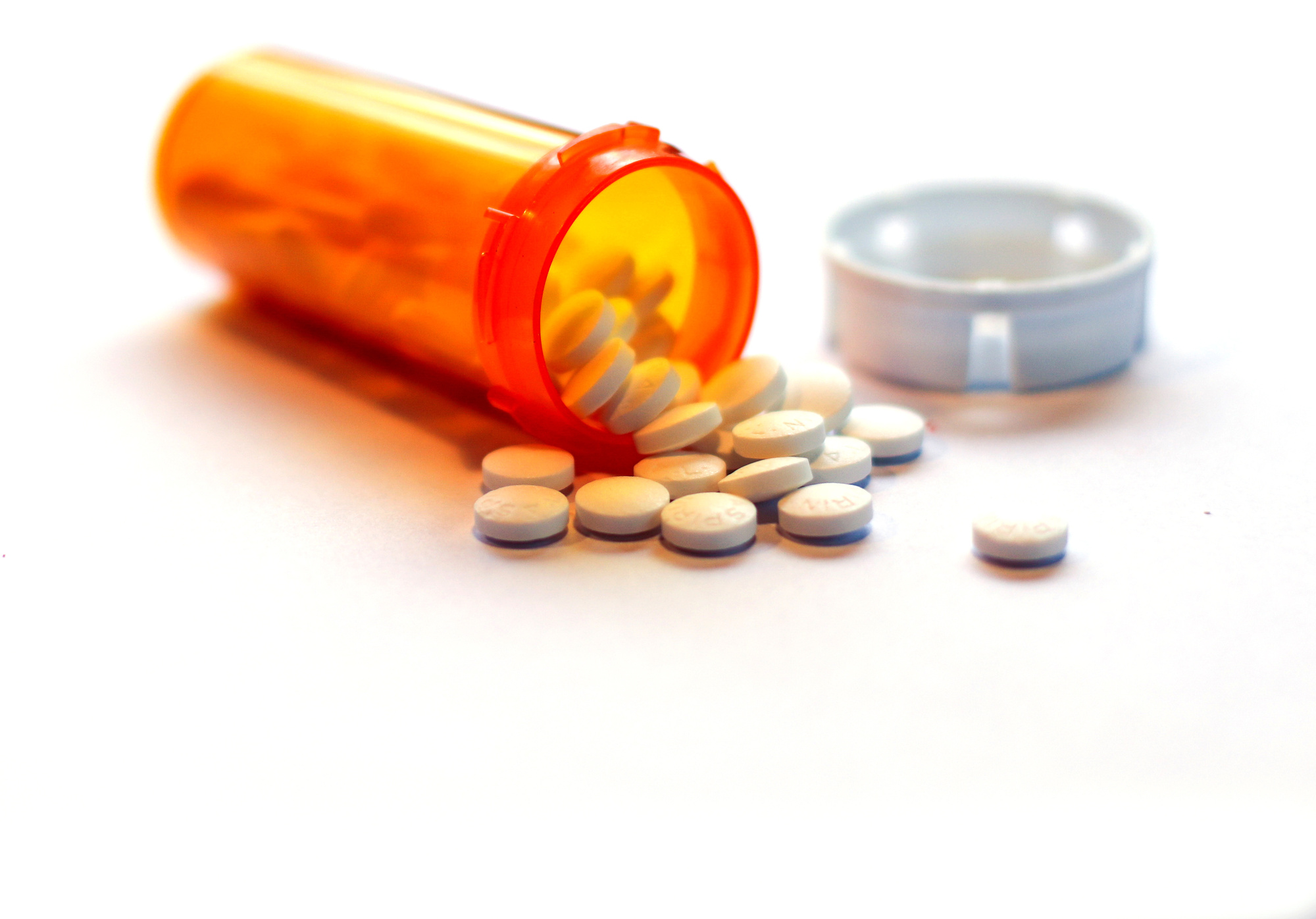
Methadone Treatment for Heroin Addiction: Pros and Cons to Consider
Methadone treatment is a common strategy for dealing with heroin addiction, but it has its pros and cons. Here’s what you need to know.
As much damage as any illegal drug can do to your life, some seem to get a tighter grip on their victims than others. One that’s particularly notorious is heroin.
There are around 9.3 million people around the world today struggling with heroin addiction. Most of these people have tried to quit in the past but haven’t been successful. The cravings and withdrawals are too much for many people to endure.
One way some addiction treatment centers are helping is with methadone treatment. If you’re considering methadone to treat your own addiction or a loved one’s addiction, here’s what you need to know.
What Is Methadone Treatment?
Methadone is an opiate, which means it’s similar to heroin. It’s a far milder opiate, however. In addiction treatment, some doctors use methadone as a type of substitute.
When you take methadone, it satisfies your body’s need for opiates so you don’t have intense withdrawal. It’s not strong enough to give you a “high,” though, and it’s less dangerous than heroin.
There’s an ongoing debate about methadone treatment for heroin addiction. It’s all a matter of your individual situation, but here are some of the key pros and cons to consider.
Pros of Methadone Treatment
Methadone has been used to treat heroin since the 1960s. It offers plenty of benefits that can help heroin addicts around the globe.
Higher Success Rates
For most heroin addicts, the most attractive part of methadone treatment is its success rate. Those getting methadone treatment have a reported 60%-90% success rate for heroin recovery compared to the typical average of 5% to 10%.
Heroin recovery isn’t easy in any situation. When an addict makes the choice to seek treatment, they want to recovery once and never return to the tough early stages of sobriety. Methadone is more likely to provide that experience.
Established Program
During methadone treatment, patients need to take the medication once per day. To prevent drug abuse, doctors rarely prescribe methadone for patients to take at home. Instead, most patients need to go to a methadone clinic each day for their treatment.
This is important because it provides structure and accountability. You always know that if you relapse, your treatment providers will know. You also have a structured and predictable plan. Routines like these can help addicts remodel their lives into more stable structures.
Withdrawal Relief
For those with heroin addiction, withdrawal symptoms can be intense and even dangerous. For that reason, few people who try to quit heroin “cold turkey” are successful.
For an addict, the most noticeable benefit of methadone is withdrawal relief. Getting away from heroin without the intense withdrawal can help patients get past the early stages of detox and get back to living a healthier life.
Customizable Program
Everyone with heroin addiction is unique, and their addiction treatment needs to be unique too. That’s one of the benefits methadone treatment provides.
A doctor can evaluate a patient’s health, discuss their typical heroin use, and use this to determine their methadone dosage. There are also different ways doctors can use methadone.
In some cases, methadone is a step-down treatment. It gets patients past the heroin detox and then the doctor prescribes less and less methadone. Eventually, patients can live a fully drug-free life.
In other cases, methadone is more of a long-term management approach. These patients may need to take methadone for the rest of their lives to keep heroin withdrawal at bay.
It’s also important to recognize that methadone is rarely the only treatment a heroin addict gets. It’s usually paired with various types of talk therapy. Methadone is just one piece of the puzzle for addiction recovery.
Lower Fatality Risk
As families of heroin addicts know all too well, every time you use heroin there is a risk of death. Heroin has a particularly high risk for overdose, and it’s even higher for patients who are relapsing after recovery.
Methadone, on the other hand, makes that relapse less likely. The heroin recovery process is less risky overall. Even for patients who do relapse, those who have taken methadone don’t feel as deprived as those who didn’t. This makes them less likely to go overboard and overdose.
Cons of Methadone Treatment
As with any medical treatment, there are downsides to consider. Methadone treatment isn’t the best choice for everyone due to several important issues.
Potential for Swapping Addiction
The biggest reason methadone treatment is controversial is that in some cases, you’re just swapping one addiction for another. As an opioid like heroin and prescription painkillers, methadone is an addictive medication.
There are a few other facts to know about this, though. First, a doctor’s supervision can lower a person’s risk of getting addicted the methadone. Even still, between heroin and methadone, methadone is certainly the lesser of the two evils.
No Guarantees
Another potential problem with methadone comes from a misunderstanding of the treatment. Some people with heroin addiction think methadone is an “easy way out.” They expect that it will take away all their cravings and temptations.
In truth, that isn’t the case. Addiction happens on two levels: the physical and the mental. Methadone keeps the physical withdrawal symptoms to a minimum, but it doesn’t break the mental habit of heroin use.
Patients who get methadone treatment still have the mental stress that can make them turn to heroin. Without overcoming the habit and dealing with the emotional issues that often accompany addiction, you’ll still be at risk for a relapse.
Employment Impacts
Part of recovering from addiction is finding drug-free stability and a sense of purpose. For many people, that comes in the form of a reliable and rewarding job.
Methadone can present some problems on the job, though. In some cases, it may appear in employers’ drug screenings. While most employers use a less expensive test that doesn’t check for methadone, others do more extensive testing.
Another potential issue is finding time around your work schedule to get to the methadone clinic. Depending on the hours you work, it can be tricky to balance both a career and addiction treatment.
Side Effects
As with any medication, methadone does have some potential side effects. They tend to be minor especially compared to the side effects of heroin, but they’re still a factor for patients to weigh.
Everyone’s body reacts to methadone differently. Some of the most common side effects include nausea or vomiting, constipation, restlessness, itchy skin, and excessive sweating.
Serious side effects from methadone are rare but possible. This is one reason it’s so important for a doctor to continuously monitor patients receiving methadone. As crucial as addiction recovery is, you don’t want to swap one health risk for another that’s just as dangerous.
Not Suitable for Everyone
Speaking of reasons why doctors must evaluate methadone patients, here’s another one. Like most medications, methadone can react poorly with certain medical conditions.
Just months of drug addiction can have a serious impact on your health. For a recovering addict, it’s important for a doctor to look for signs of illnesses before prescribing methadone. You may have been perfectly healthy a year ago but that year of addiction could have caused organ damage.
In particular, conditions like heart disease, kidney disease, and liver disease aren’t compatible with methadone treatment. A doctor should evaluate you for signs of these illnesses before establishing a treatment plan.
If you aren’t a candidate for methadone, don’t get discouraged. There are plenty of other ways to get on the road to recovery. In fact, you should use your health as a motivating factor to get clean and stay sober.
Potentially High Price
Of course, no medical discussion is complete without a mention of price. Many addicts have become financially devastated due to their addiction. Unfortunately, recovery can be expensive, and methadone is no exception.
There are many factors in the cost of methadone. In some areas, there are government-funded methadone clinics. These clinics often provide income-based pricing, so you may be able to get methadone at little or no cost.
In other areas, though, heroin addicts aren’t so lucky. As you’re talking to a doctor about your recovery treatment options, be sure to discuss the price you can expect to pay for methadone.
Another important note: if you start taking methadone and then need to stop due to the cost, talk to your doctor. They may be able to step down your dosage or monitor you because you are likely to have withdrawal symptoms.
Considering Methadone Treatment for Heroin Addiction
As you can see, there are many factors to consider when you’re thinking about methadone treatment. It isn’t suitable for all heroin addicts, but it isn’ the only option either.
In the end, addiction recovery is all about finding a solution that works for you. Addiction treatment specialists can help you evaluate your options and come up with a plan for a drug-free life.
If you’re ready to start on that journey or you want to help a loved one, contact our addiction recovery center today.

